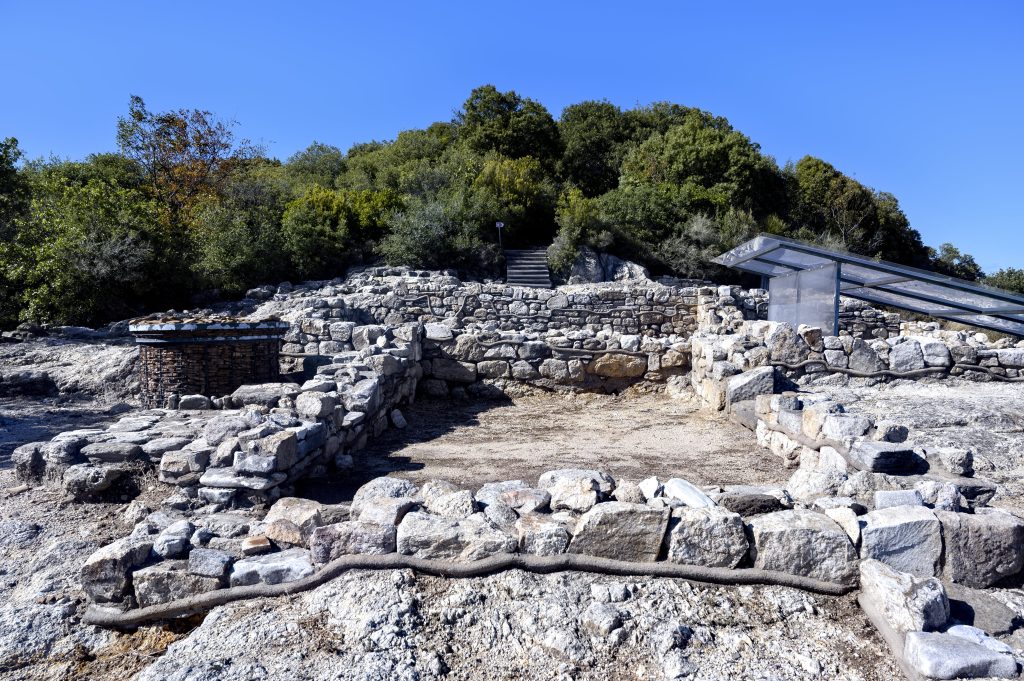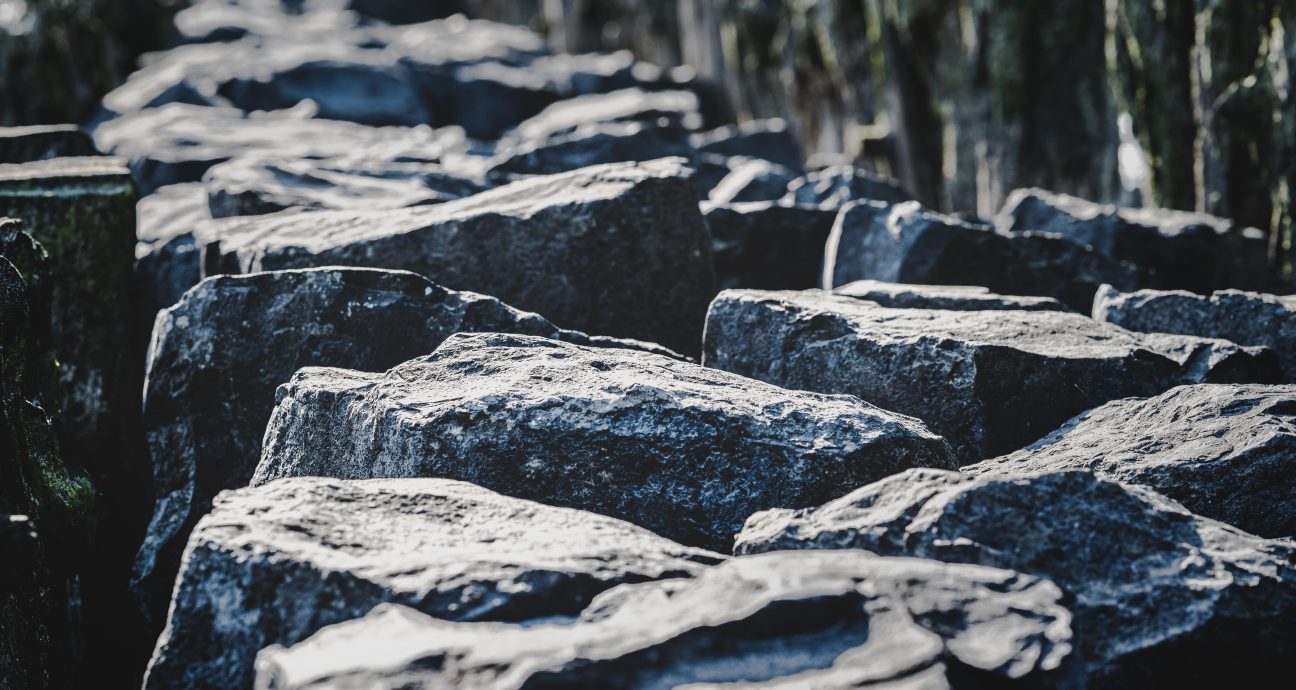Basalt is a volcanic rock formed from the rapid cooling of lava. This natural stone has been used for centuries for various applications due to its unique properties. In this article, we will explore the characteristics of basalt stone and its wide range of applications in both construction and design.
Characteristics of Basalt Stone
To understand the versatility of basalt stone, it’s essential to delve into its characteristics. Basalt is known for its exceptional durability and strength, making it a preferred choice for various purposes.
- Density and Hardness: Basalt is a dense and hard rock, making it highly resistant to wear and tear. Its hardness is comparable to granite, adding to its longevity.
- Color Variations: Basalt typically appears in shades of gray to black, but it can also contain other minerals that add hues of brown or green, enhancing its visual appeal.
- Resistance to Environmental Factors: Basalt is highly resistant to environmental factors such as weathering, chemical erosion, and even salt, making it suitable for outdoor applications.
- Thermal Stability: Basalt’s ability to withstand high temperatures without losing its structural integrity makes it ideal for fire-resistant applications.
- Low Maintenance: Due to its durability and resistance to staining, basalt requires minimal maintenance, reducing long-term costs.

Applications of Basalt Stone
Basalt’s unique characteristics open the door to a wide range of applications, both functional and aesthetic, in various industries.
- Construction: In the construction industry, basalt is used for building foundations, pavements, and concrete aggregates. Its strength and durability make it a reliable choice for infrastructure projects.
- Architectural Design: Architects and designers appreciate basalt for its aesthetic appeal. It’s used for cladding, flooring, and countertops, adding a touch of natural elegance to interiors and exteriors.
- Landscaping: Basalt is a favorite in landscaping due to its durability and ability to withstand heavy foot traffic. It’s often used for pathways, patios, and retaining walls.
- Water Features: Basalt’s dark, polished surface is perfect for water features like fountains and pools, creating a striking contrast with the surrounding environment.
- Artistic Sculptures: Many artists choose basalt for sculpting due to its workability and unique appearance.
In conclusion, basalt stone’s remarkable characteristics, including its density, durability, and resistance to environmental factors, contribute to its widespread use in various applications. Whether you are looking for a reliable construction material or an elegant design element, basalt has much to offer. Its timeless beauty and longevity make it a sustainable choice for both functional and aesthetic projects.
